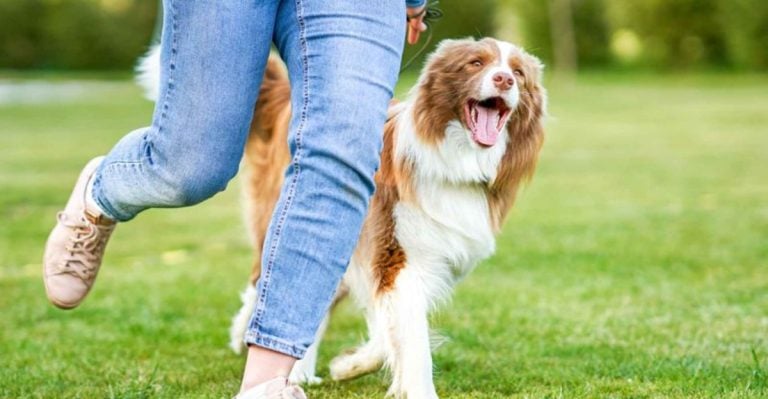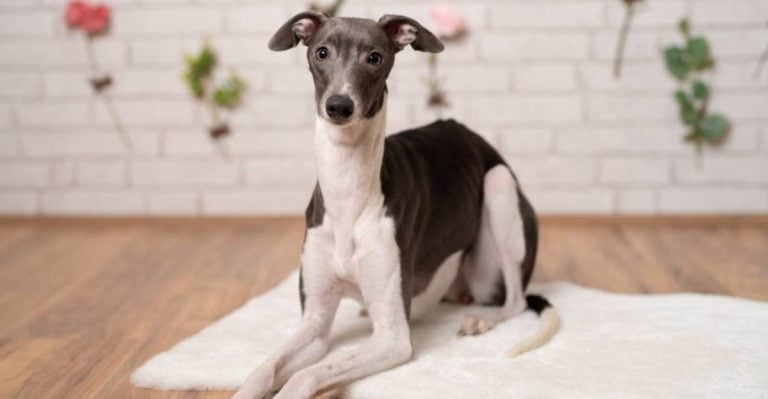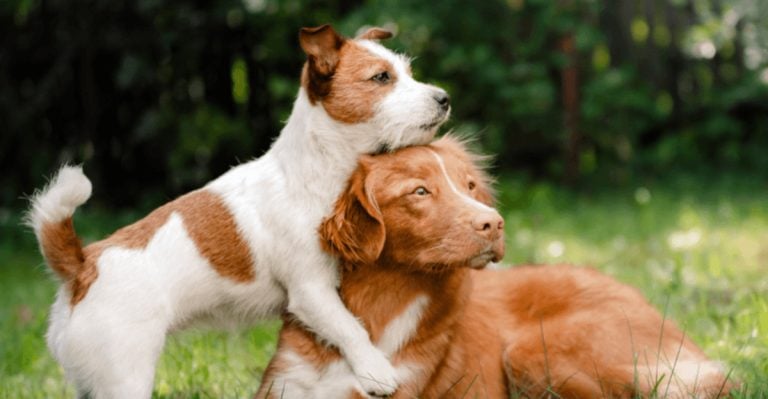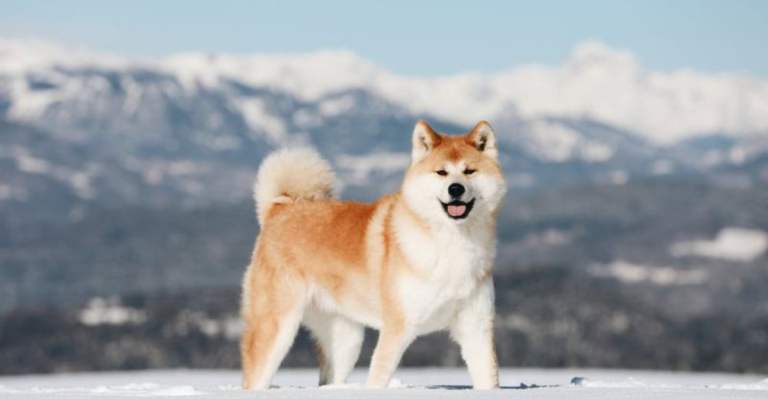My Dog Is a Rescue. Here Are 10 Things I Wish I Knew Before Adopting.
Bringing home a rescue dog was one of the most heart-expanding, humbling, and chaotic things I’ve ever done.
I went in with the best intentions—armed with a dog bed, a bag of treats, and the kind of optimism that makes you think a tail wag means “everything’s fine.”
I had watched all the feel-good adoption videos and figured we’d have a few bumps, sure, but nothing love couldn’t fix. Spoiler alert: love helps, but it doesn’t fix everything overnight.
The truth is, adopting a rescue dog is less like flipping a switch and more like planting a seed. There’s nurturing involved. There’s mess. There are days when your heart swells with pride, and nights when you wonder if you’re even cut out for this.
It’s beautiful—but also gritty, exhausting, and sometimes downright confusing.
I wish someone had told me that the first few weeks might not feel magical. That my new dog wouldn’t immediately trust me. That his past—whatever it entailed—would echo in unexpected ways.
And I wish I’d known that those early struggles weren’t signs of failure, but simply part of the journey. Don’t get me wrong—this isn’t a cautionary tale. It’s a love story. But like any great love story, it came with challenges I didn’t see coming.
And now, after countless walks, vet visits, training sessions, and cuddle pileups on the couch, I wouldn’t change a thing.
If you’re thinking about adopting a rescue dog—or if you’re in the thick of it now—this list is for you.
These are the 10 things I wish I’d known before I brought my dog home. They would’ve saved me some tears, some money, and a whole lot of guilt. Hopefully, they’ll help you feel a little more prepared—and a lot less alone.
1. The Adjustment Period Is Real and Can Be Rough
I thought my dog would instantly recognize he’d been “saved” and settle in with a grateful heart. Instead, he spent the first week pacing, hiding under the couch, and refusing food. It was heartbreaking.
What I didn’t realize is that rescue dogs often need time to decompress. Their world has shifted dramatically, and trust doesn’t happen overnight.
Give them space. Keep things calm and consistent. It’s not rejection—it’s survival instinct. The good stuff comes later.
2. Their Past Might Be a Mystery
When you adopt a rescue, you usually don’t get a detailed backstory. I had no idea what my dog had been through, but his reactions told me something hadn’t been easy.
Triggers can pop up unexpectedly—he once panicked over a man in a baseball cap.
Was it the hat? The voice? I’ll never know. But I’ve learned to observe, not assume. Learning their language is an ongoing process, and that mystery becomes part of the bond.
3. Training Takes a Whole Different Approach
I assumed training would be like the YouTube videos—treat, command, instant result. Not so with a rescue dog who’s still learning to trust the world around him.
Traditional obedience strategies don’t always work on pups who’ve experienced trauma. I had to slow down, focus on building confidence, and reward the tiniest steps.
Progress was less about “sit” and more about showing up for him every day. That’s the kind of training that really sticks.
4. You’ll Need More Supplies Than You Think
I thought I was set with a leash, a bed, and a few toys. Within days, I was Googling calming chews, non-slip bowls, and anti-anxiety vests like a desperate parent.
Rescue dogs often need extra support. Think: puzzle feeders to engage their brains, crates to create a safe retreat, and baby gates to manage space.
It’s not about spoiling them—it’s about giving them tools to feel secure. Prepare to make a few emergency trips to the pet store.
5. Medical Surprises Can—and Will—Pop Up
I knew a vet visit was part of the plan—but I didn’t expect a cascade of surprises: infected teeth, tummy troubles, skin issues. My wallet definitely felt it.
Rescue organizations do their best, but some conditions only reveal themselves later. Be ready for the possibility of long-term medications or unexpected surgeries.
Pet insurance became my best friend. And through all of it, those extra vet visits turned into bonding moments—he learned I was someone who always showed up.
6. Socialization Is a Slow, Careful Process
The dog park? Not happening. Meeting new people? Cue the tail between the legs. Socializing a rescue dog is an art in slow motion.
Every new experience has to be introduced with care. I learned to carry treats everywhere, celebrate small wins, and recognize when enough was enough.
It’s less about “exposing them to everything” and more about showing them the world is safe, one experience at a time. The slow route leads to real confidence.
7. Routine Is Their Best Friend
I underestimated how much a daily routine could change everything. But once we got into a rhythm—same walk times, same meals, same bedtime—my dog began to settle in.
Routine builds predictability, and predictability builds trust. When your dog knows what’s coming next, they stop bracing for the unknown. It’s like telling them, “You’re safe now.”
And slowly but surely, their nervous system starts to believe it too. Routine is the unsung hero of rescue life.
8. You Might Feel Overwhelmed or Guilty—and That’s Normal
I had moments where I cried in the bathroom, wondering if I’d made a huge mistake. Guilt creeps in when things aren’t going smoothly—especially when you thought you were doing a good thing.
But those feelings are normal. You’re adjusting too, and rescue dogs can test your patience and confidence.
Just know that you’re not failing—you’re learning. And every dog owner I’ve spoken to has had those “what did I do?” moments. They pass. And they make the bond that much stronger.
9. The Transformation Will Melt Your Heart
One day, out of nowhere, my dog leaned into me on the couch. Just full-body trust. I nearly cried. That moment made every hard day worth it.
Watching a rescue dog bloom is something else. They go from fearful to playful, from unsure to affectionate. And you get a front-row seat to that transformation.
You’ll look back and realize how far you’ve both come—and you’ll never forget the day they finally let their guard down.
10. You’ll Become a Lifelong Advocate
Once you go through the rescue experience, you start seeing the bigger picture. I became that person who talks about adoption at parties and volunteers at the local shelter.
Because you’ve seen the hard parts—and the magic—it becomes personal. You understand why patience matters, why shelters need support, and why “just a rescue” is actually a badge of honor.
Adopting doesn’t just change your dog’s life. It changes you in ways you never expected.
















